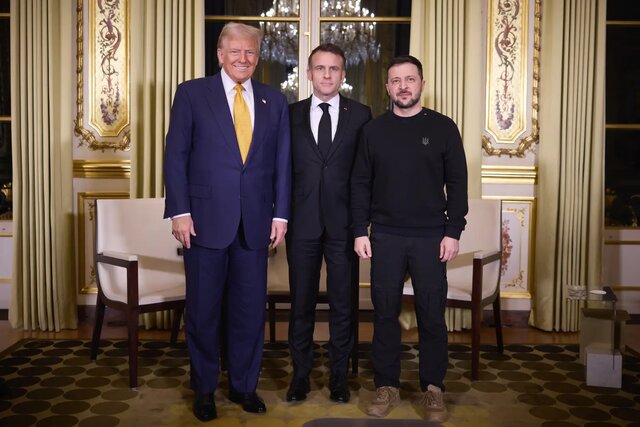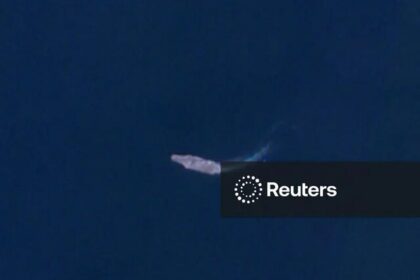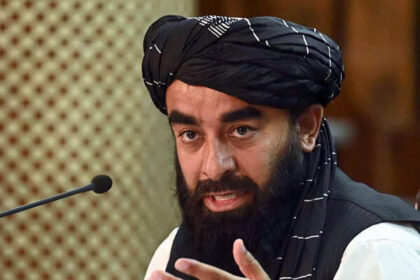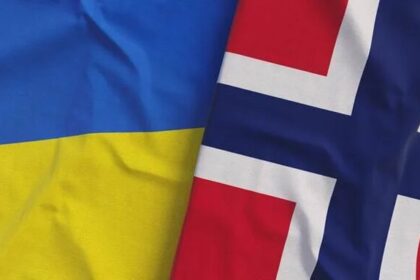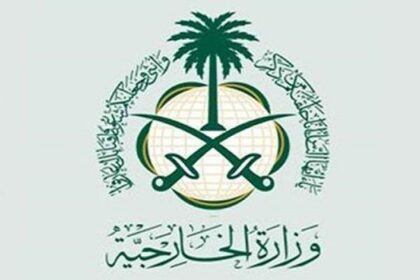Reuters: Europe is considering the possibility of sending troops to Ukraine
The English News agency, citing diplomatic sources, reported that Europe is considering the possibility of sending troops to Ukraine “in the event of a ceasefire or peace”.
According to RCO News Agency, officials and diplomats say that European countries are discussing sending troops to Ukraine in case of a ceasefire or a peace agreement.
According to the report of the English news agency “Reuters”, Europe’s new moves to investigate the possibility of sending troops to Ukraine are “the clear statements of the US president-elect Donald Trump about not sending troops to Ukraine to ensure its security”.
“The talks, led by French President Emmanuel Macron, are in their early stages, but they have already revealed rifts over the possible goals and mission of such a mission, and even the wisdom of planning it now,” the news agency wrote.
European leaders want to avoid giving Russian President Vladimir Putin the impression that it is time for talks and that he can keep his battlefield gains while Kiev is losing the war, Reuters added. They insist they are focused on increasing military and economic aid to Ukraine and see no sign that Putin is ready to negotiate.”
However, according to the report of the British news agency, some officials are considering how European countries may ensure the security of this country by sending tens of thousands of troops to Ukraine.
According to Reuters, the presence of European forces in Ukraine increases the risk of a direct confrontation between NATO and Russia and expands the European armies, which have depleted their weapons reserves due to military aid to Ukraine and rely heavily on American support for their main missions. gives
However, in his recent meeting with Macron and Ukrainian President Volodymyr Zelensky, US President-elect Donald Trump announced that the US will not send any troops to Ukraine to ensure its security, and that “the Europeans should solve this issue themselves.” “
In this regard, Reuters quoted a high-ranking European official as saying: “Even if there is a NATO security guarantee, where does the motivation come from on the ground? “It will be European, so our military chiefs are already preparing plans for European leaders to review in the future.”
Other officials told the British news agency that major European countries such as France, Germany, Italy, Poland and England could form a major part of this force.
Trump, Macron and Zelensky meeting
Macron’s initial defeat
Due to the political sensitivity of sending European troops to Ukraine, according to a Reuters report, Macron has failed to advance this issue.
Polish Prime Minister Donald Tusk announced after the conversation with Macron that Warsaw has no plans to join such a force. German Defense Minister Boris Pistorius said on Monday that Berlin would likely play a role in securing the ceasefire, but it was too early to say what that role would look like.
Zelensky said that this issue could be raised when NATO Secretary General Mark Rutte hosts the Ukrainian president and other European leaders in Brussels on Wednesday evening. But Rutte said last week that he had asked his colleagues in NATO and Ukraine to “keep somewhat quiet” in discussing future scenarios.
In such a situation, the British news agency reported that this issue will show the confusion of the European leaders about the nature of sending troops to Ukraine. “Will these forces be peacekeepers or will they be sent to Ukraine to deter Russia?”
Analysts and officials have offered varying estimates of the size of such a force, stressing that the number of troops would depend on the nature of their mission. According to some, 40,000 troops will be sent to Ukraine.
On the other hand, Franz Stefan Gaddy, a former Austrian military planner who now works at the International Institute for Strategic Studies, told Reuters that under a rotation plan that also prepares units for deployment and post-deployment reconstruction. About 100,000 soldiers can participate in this mission at any time.
A European security official, who did not want to be named, also told the British news agency: “100,000 troops may be needed.”
Europe, the United States and other allies deployed about 60,000 troops in Bosnia and 50,000 in Kosovo in the 1990s, but these missions are much smaller now.
The Europeans will likely have to convince the United States to get involved in some way, at least with intelligence and other operational assistance, analysts said.
And the potential rules of interaction are among the many critical issues that remain unclear.
But considering the risks of such an action, a French military official, who was not identified, told Reuters: “If a European soldier is wounded or shot in the event of such a mission, then what will happen?”
end of message
RCO NEWS
RCO




